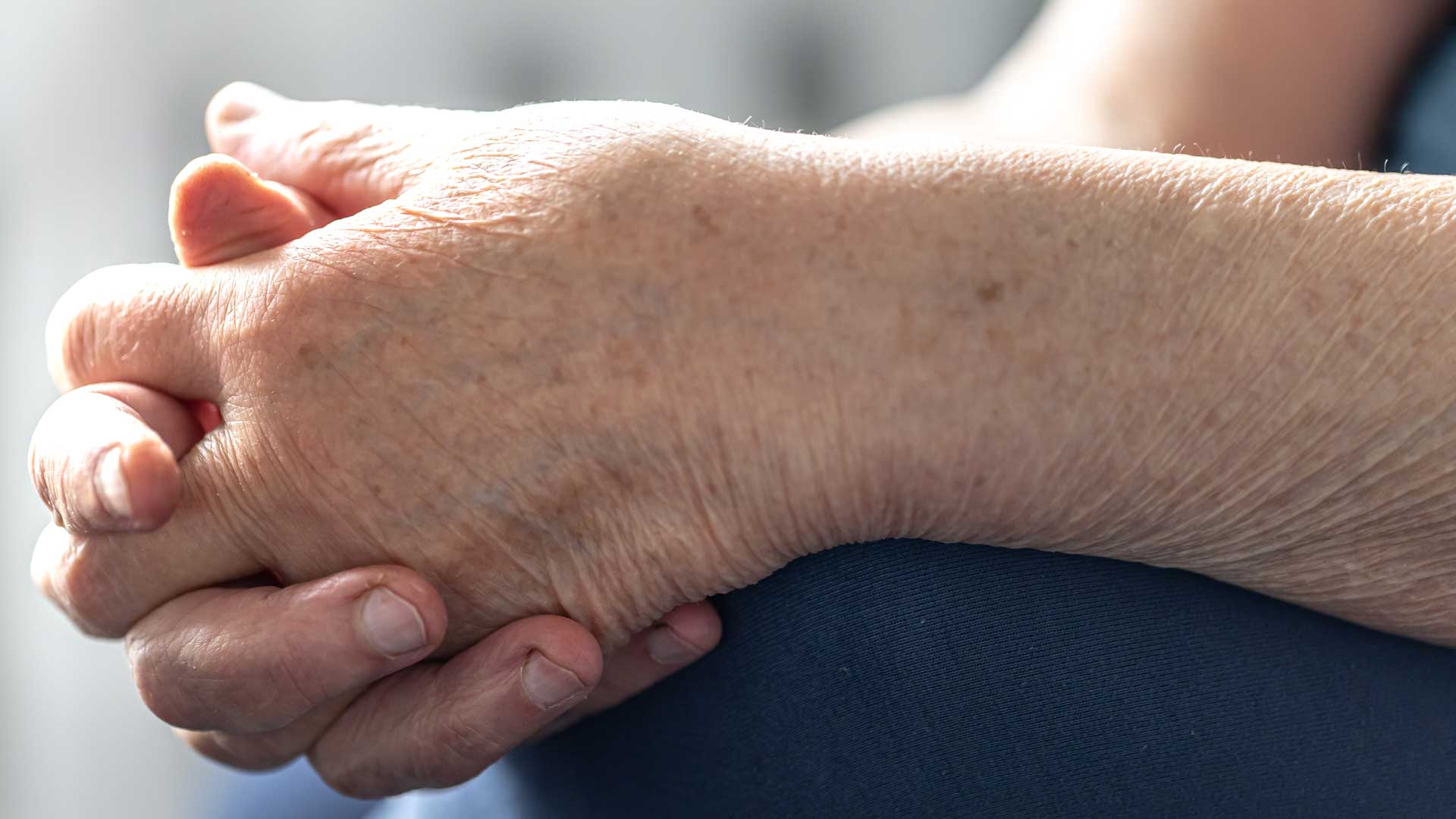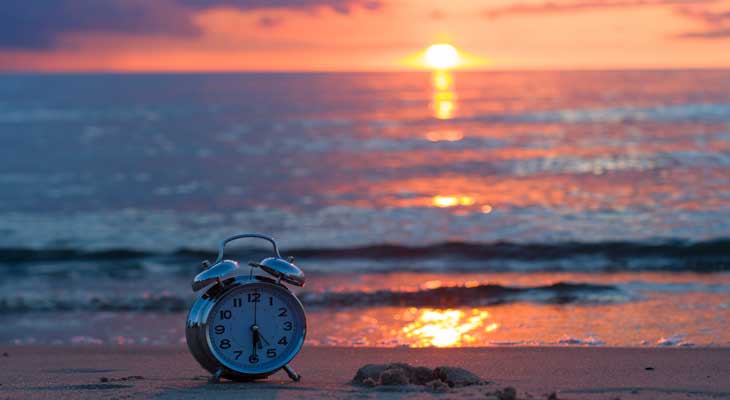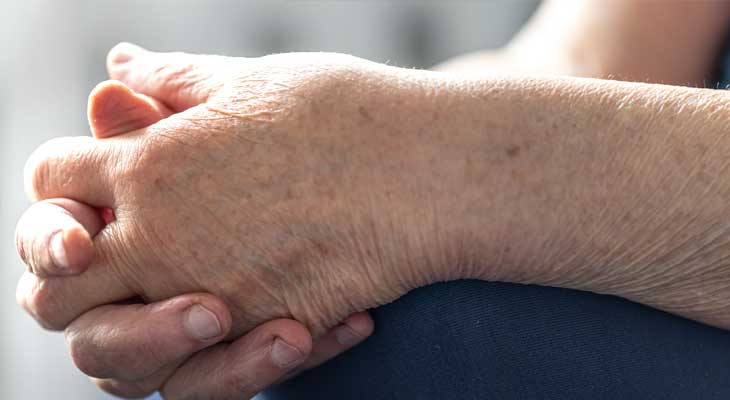As we get older, our skin goes through noticeable changes. It becomes thinner, drier, and less elastic. But aging isn’t just about appearance. Changes in the skin can also influence the risk of developing skin cancer, particularly in older adults.
In this article, we’ll explore why skin ages, why older individuals are more at risk, and practical steps to protect your skin and stay healthy.
How Skin Ages
Intrinsic Aging
Intrinsic aging is the natural process that occurs over time. As we age, cell turnover slows, and the production of collagen and elastin (proteins that keep skin firm and elastic) decreases. This leads to thinner, drier skin that is more prone to wrinkles and fine lines.
Extrinsic Aging
Extrinsic aging comes from external factors that accelerate the aging process. The most significant contributor is sun exposure, which damages skin cells over time. Other factors include smoking, pollution, and lifestyle choices. Visible signs of extrinsic aging include uneven pigmentation, rough texture, and deep wrinkles.
Aging skin results from both natural biological processes and environmental exposure, and it sets the stage for increased vulnerability to skin damage.
Why Older People Are More at Risk of Skin Cancer
Age is a major factor in skin cancer risk. Here’s why:
1. Cumulative Sun Exposure – The effects of UV radiation build up over decades, increasing the likelihood of DNA damage in skin cells.
2. Slower DNA Repair – As we age, the body’s ability to repair damaged skin cells declines.
3. Weakened Immune Response – Older adults have a reduced immune response, making it harder for the body to identify and destroy abnormal cells.
Common types of skin cancer in older adults:
• Basal cell carcinoma (BCC) – slow-growing, often on sun-exposed areas.
• Squamous cell carcinoma (SCC) – can be more aggressive if untreated.
• Melanoma – less common but more dangerous; early detection is critical.
Decades of sun exposure combined with natural aging make older adults more susceptible to skin cancer, emphasising the importance of prevention and regular checks.
How to Protect Aging Skin
Protecting your skin becomes even more important with age. Here are essential tips:
• Use sunscreen with a high SPF (Sun Protection Factor) rating
• Wear Protective Clothing and Hats, especially during peak sunlight hours
• Perform Regular Skin Checks, looking for new spots, moles, or changes in existing ones
• Maintain a Healthy Lifestyle. Stay hydrated, eat a balanced diet, and avoid smoking
Even small daily habits can significantly reduce the risk of skin cancer and keep your skin healthier for longer.
When to see a Doctor
Early detection is key to successfully treating skin cancer. Schedule a professional check if you notice:
• New moles or spots that appear suddenly
• Changes in size, colour, or shape of existing moles
• Persistent sores that don’t heal
• Unusual redness, scaling, or bleeding
If you’re over 50, or have had significant sun exposure, it’s recommended to have a professional skin check at least once a year.
Skin aging is a natural process, but older adults face a higher risk of skin cancer due to cumulative sun damage and slower cell repair. By understanding these risks, performing regular checks, and practicing sun-safe habits, you can protect your skin and detect potential problems early. Taking proactive steps now helps maintain both the health and appearance of your skin for years to come.
If you haven't had a skin check lately (or ever), give our friendly reception staff a call or book online today. Remember - Early detection of skin cancer could save your life.
Note: Information provided in this blog is of a general nature and is not a substitute for advice from a medical professional. Please be advised that blog posts are not necessarily written by medical professionals. All care has been taken to ensure the accuracy of information provided, however, no guarantee is made that it is free from error. Mention of any specific products or services in the context of a blog post does not indicate an endorsement of that product or service. This includes any images used in blog posts. Molescope always recommends that any medical advice is sought directly from medical professionals.






